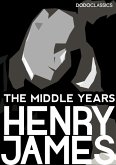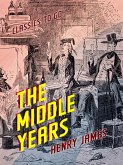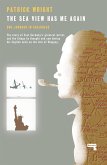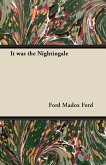In "The Consul," Richard Harding Davis crafts a nuanced narrative that explores themes of ambition, power, and the intricate dance of diplomacy. Set against the backdrop of a tumultuous political landscape, the story unfolds through sharp dialogue and vivid descriptions, reflecting Davis's journalistic roots. His literary style elegantly balances realism with a keen psychological insight into the characters'Äô motivations, allowing readers to grasp the complex interplay between personal desires and national interests, reminiscent of the naturalist movements of his time. Richard Harding Davis was a pioneering American journalist and author, known for his adventurous spirit and insightful commentary on societal issues. His extensive travels and experience in reporting on international conflicts provided him with a unique lens through which to view the complexities of political relations. Davis's intimate understanding of both the human condition and the intricacies of diplomacy likely informed the rich characterization and moral dilemmas faced by the protagonists in "The Consul." This novel is highly recommended for readers who appreciate psychologically-driven narratives rooted in real-world conflicts. Davis's exploration of ambition and the human psyche offers timeless insights that resonate with contemporary discussions on power and accountability. "The Consul" is not merely a story; it is a profound reflection on the human experience amidst the clamor of politics, making it essential reading for admirers of literary fiction.
Dieser Download kann aus rechtlichen Gründen nur mit Rechnungsadresse in A, B, BG, CY, CZ, D, DK, EW, E, FIN, F, GR, H, IRL, I, LT, L, LR, M, NL, PL, P, R, S, SLO, SK ausgeliefert werden.









